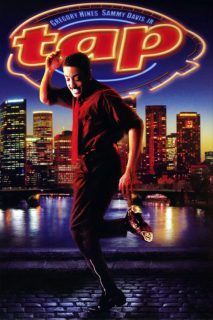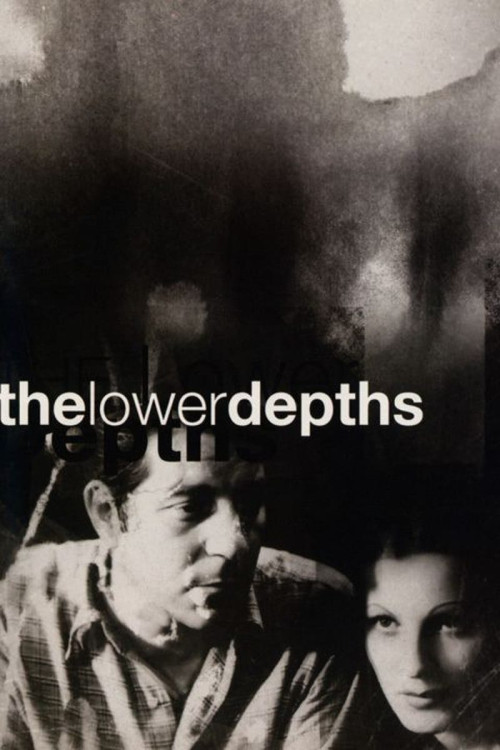
- Year: 1936
- Released: 10 Sep 1937
- Country: France
- Adwords: 2 wins
- IMDb: https://www.imdb.com/title/tt0027336/
- Rotten Tomatoes: https://www.rottentomatoes.com/m/the_lower_depths
- Metacritics:
- Available in: 720p, 1080p,
- Language: French
- MPA Rating: Not Rated
- Genre: Crime, Drama, Romance
- Runtime: 90 min
- Writer: Maxim Gorky, Yevgeni Zamyatin, Jacques Companéez
- Director: Jean Renoir
- Cast: Jean Gabin, Suzy Prim, Louis Jouvet
- Keywords: realism, naturalism,
 | 7.5/10 |
 | 83% – Critics |
 | 79% – Audience |
The Lower Depths Storyline
The winner of the Louis Delluc Prize as the most outstanding French photo-play of 1936, as selected by the Young Independent Critics of France (an organization and not a description.) The film treats the imprisoning hold of poverty; the disheartening odds of people rising from such social despair, and the ease in which those in the upper spheres of Society may descend.—Les Adams
The Lower Depths Photos
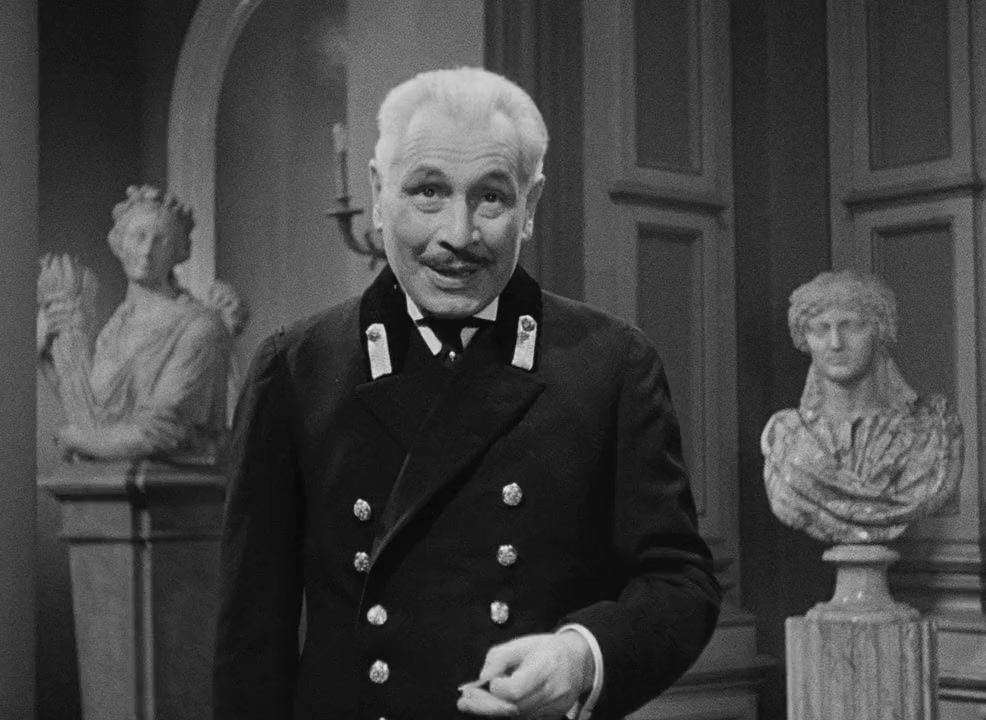
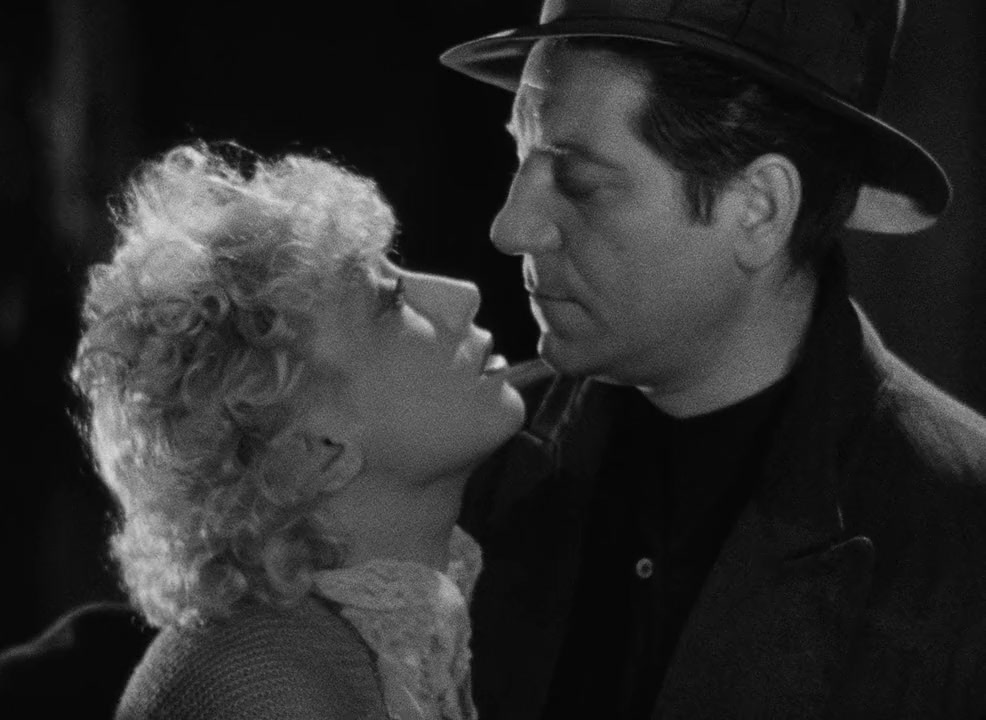
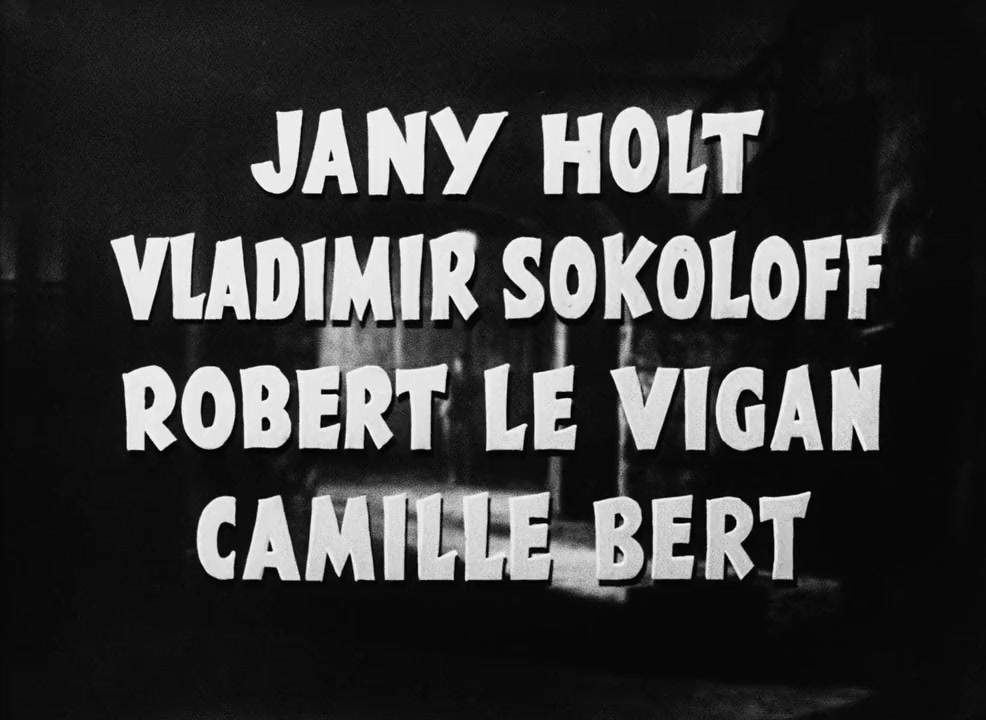
The Lower Depths Torrents Download
| 720p | bluray | 851.72 MB | magnet:?xt=urn:btih:4D8A011281A507445918846DFD06A66BFF6EBB14 | |
| 1080p | bluray | 1.54 GB | magnet:?xt=urn:btih:F9FE28DCF2BD1025AA67D3E16DD64A9FC75EF4C0 |
The Lower Depths Subtitles Download
| Arabic | subtitle Tokyo-Ga.1985.DVDRip.XviD-MESS.smi | |
| English | subtitle The Lower Depths 1936 DVDrip |
The Lower Depths Movie Reviews
A grandly theatrical exercise by a great master
Now that Criterion has released not one but two ‘Lower Depth’ features, one by Renoir, the other by Kurosawa, you have a double bill of masterpieces to look forward to. Renoir’s contribution to this menage is a surprisingly buoyant one. Gabin and Jouvet dominate the film with their mano-a-mano discussions on life and freedom. Suzy Prim is properly bitchy as the woman scorned, although Junie Astor as her oppressed sister doesn’t have it in her to elevate the scenes that she’s in. The plot is almost completely different from Gorky’s, yet the playwright read and publicly approved of the project. In Renoir’s world there is always a way out for those who are kind and strive. There are doomed souls too, but their fates are laid out in a gentle, loving manner. This isn’t the best Renoir film, but it reflects his lifelong humanism and warmth (and many depth-of-field shots for those mise-en-scene fanatics). Needless to day, I enjoyed it thoroughly.
Dry, amusing, dramatic
Jean Renoir takes us slumming — everybody should know right off the bat that it’ll be fun to be this miserable. There’s always that touch of human spontaneity in his films, in his characters, that somehow feels really genuine. The city in his gaze feels truly alive. Jean Gabin in this film is sort of a French Cary Grant, comfortable and strangely admirable in any setting. Of course the centerpiece of the film in terms of its dark comedy is the scene where Gabin breaks into the house of the Baron (Louis Jouvet) to rob him but ends up being his drinking companion instead, and walks off with an equestrian trophy. Baron has lost all his money gambling, and so he says “take it, none of it is mine anyway). Then when the cops bring Pepel (Gabin) to justice, they’re mortified by the Baron showing up to accost them for bothering their friend. Quite excellent.
Later the two share and idyllic moment on the grass by the side of the river, bringing back again memories of “Boudu” (and premonitions or inspiration for “The Fisher King”?). There is just so little time to get away from the crazy life of the city. Suzy Prim is a heartless pimp for her sister Natacha, who despairs of romance and a moneyed life at the same time.
Notably less oppressive and stagnant than the overly theatrical adaptation done by Kurosawa in Japan (both films are based on Gorky’s play). I haven’t seen the Kurosawa film in a while, but it strikes me that he sought to impress the audience with the stagnation of the characters’ lives by making a stagnant film. Instead Renoir gives us the moments in these people’s lives when they are in flux, when possibilities for change seem to hang heavy in the air, and thereby gives us the proper contrast to their dire circumstances without making a dire film.
Excellent performances from the cast, and Renoir’s distinct visual sensibilities are on display in every frame.
Highly watchable!
The Criterion Collection offers two different film versions of “The Lower Depths”: one made in 1936 by Jean Renoir and another one made in 1957 by Kurosawa. The two directors never worked together on either film. In fact, they only met once in their lives, many years later. Both films are based on Russian writer Maxim Gorky’s 1902 play, which describes life in a miserable slum where most characters have lost all sense of hope. Renoir deals with this serious subject matter in a much more humorous and amusing way than Kurosawa, whose film is slower, decidedly somber and a lot more difficult to digest. While Renoir’s work takes the viewer in an out of the slums, Kurosawa doesn’t allow one to see beyond the wretchedness of the underworld. Both films are great, but it was probably Kurosawa’s which left a more durable and deeper impression on me.

